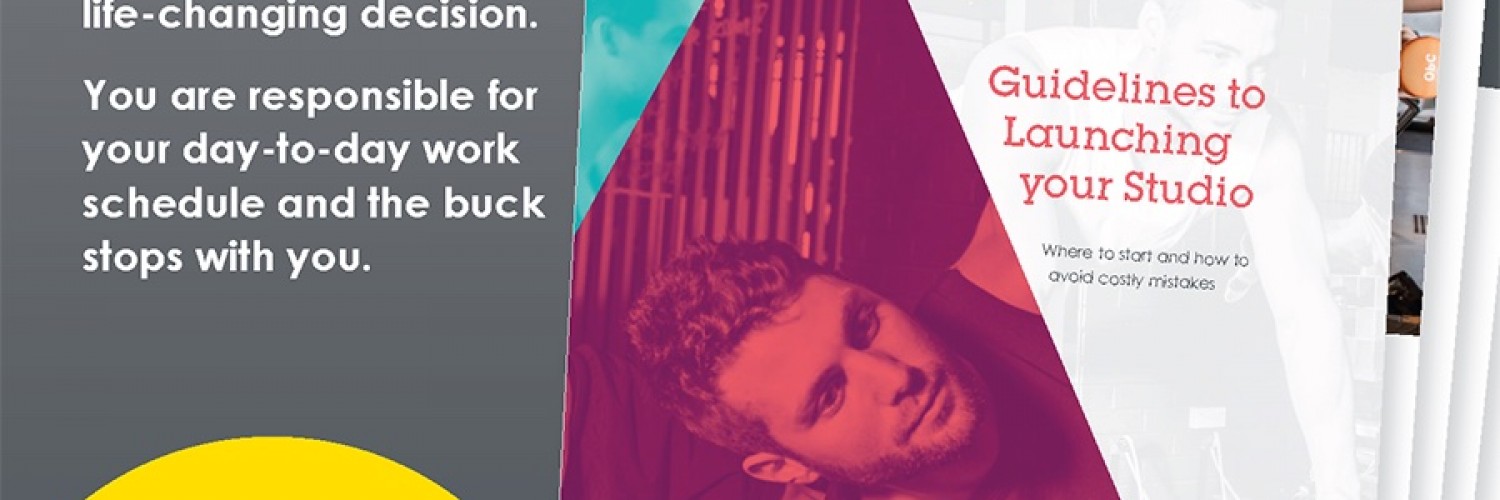Why do people go into business?
Starting your own small business is an exciting and lifechanging decision. You are responsible for your day-to-day work schedule and the buck stops with you.
There are various reasons people start a small business. Some common reasons include:
- Autonomy
- You dictate where you want to work
- You decide what your business should look like
- You determine how big you want your business to be
- You decide how often to work ‘on your business’ vs. ‘in your business’
Work/life balance
- Allows you to take control of your day in a ‘wholistic’ manner
- Structure your weeks according to how you wish your lifestyle to look
- Better control between family vs. work duties
Wealth
- Greater control of your wealth generation
- Income generation allows you greater freedom to invest in active vs. passive income streams
- Further lifestyle choices with increase to income
Security and stability
- Knowing you have a successful business gives you income stability
- You are your own boss and no-one can take away your job
- Ultimately you oversee your career and its success
Personal challenge and satisfaction
- Ready to step up from a clinician to a manager/business owner
- Create a job that brings you a high degree of satisfaction
- Running a successful business is not just a job but a vocation
Take some time to reflect upon the above items mentioned. Ask yourself:
- Do some of these reasons apply to me?
- How would I prioritise these options from most important to least important?
- Is there anything that is missing from this list?
This exercise is important as it allows you to determine the main motivating reasons for starting your business. It is also useful to have the reasons written somewhere private so you can regularly refer to them.
So where do I start?
Writing a business plan is a sensible way of commencing your small business journey. It helps consolidate your vision on paper and the actions required to achieve your vision.
The business plan also serves as a document for communicating your vision easily and effectively to others.
There are various business plan templates available online that can help you make a start. A reliable resource you can visit is www.business.gov.au.
Some of the things that you need to consider in your business plan include:
- Executive summary of your business
- Key financial targets
- Mission statement
- Keys to succuss
Description of your business
- Legal entity
- Location of your business
- Fit out requirements
- Hours of operation
- Services provided
- Suppliers
- Financial KPIs
Marketing
- Market analysis
- Market segmentation
- Local competition iv. Pricing
Staffing plan
- Staff requirements and hiring
- Staff training and ongoing support
The business plan is a dynamic document. It can be thought of as a ‘live’ roadmap to help you navigate towards your business vision. As the cliché goes, ‘if you fail to prepare, you prepare to fail’.
It is ok if you don’t have all the answers from the start. Part of your business preparation involves you searching and discovering the answers to these questions, and in doing so, uncovering things that you would have otherwise missed.
You should refer to your business plan often and update it accordingly. Part of your due diligence includes reassessing the competitive environment you work within, considering new strategies to help you reach your destination, and modifying protocols to help you deliver the very best in customer service.
Want to learn more? Visit http://www.evadostudios.com.au/own-a-studio and download our E-book 'Guidelines to Launching Your Studio' today.
